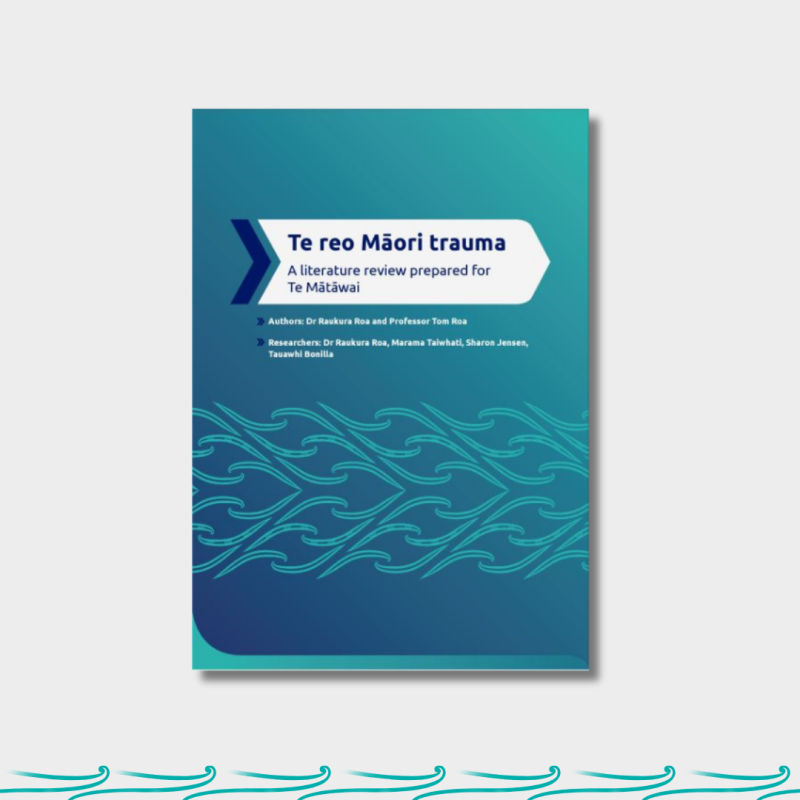Understanding and healing from te reo Māori trauma

A Te Reo Māori Trauma Literature Review, prepared by Dr. Raukura Roa and Professor Tom Roa, explores the concept of trauma associated with the Māori language.
Māori language trauma stems from a painful history of colonisation in Aotearoa, where Māori communities experiened the banning of te reo Māori in schools, physical punishment for speaking it, and a deep sense of shame tied to our language and identity. Over time, the impact of this suppression created generational trauma, making many Māori whakamā (ashamed) to speak or learn their own language.
The literature review identifies that while many people know about this historical oppression, there hasn’t been a clear definition of te reo Māori trauma. The authors offer a working definition, describing it as “the emotional, psychological and spiritual distress or injury that results from harmful events, affecting an individuals ability or willingness to learn or speak the language.”
The report highlights how Māori language trauma affects individuals and communities today, creating barriers to language revitalisation. The authors recommendations to tackle these challenges include; spreading awareness about te reo trauma, identifying the obstacles it causes, and working together to heal.
“One of the things I would really love people to get, those of us who are experiencing te reo Māori trauma or are trying to figure out how to cope with Māori language trauma, is you are not alone,” Raukura says.
You can read this Te Reo Māori Literature Review(external link) prepared by Raukura Roa and Professor Tom Roa with researchers Marama Taiwhati, Sharon Jensen and Tauawhi Bonilla on our website.
